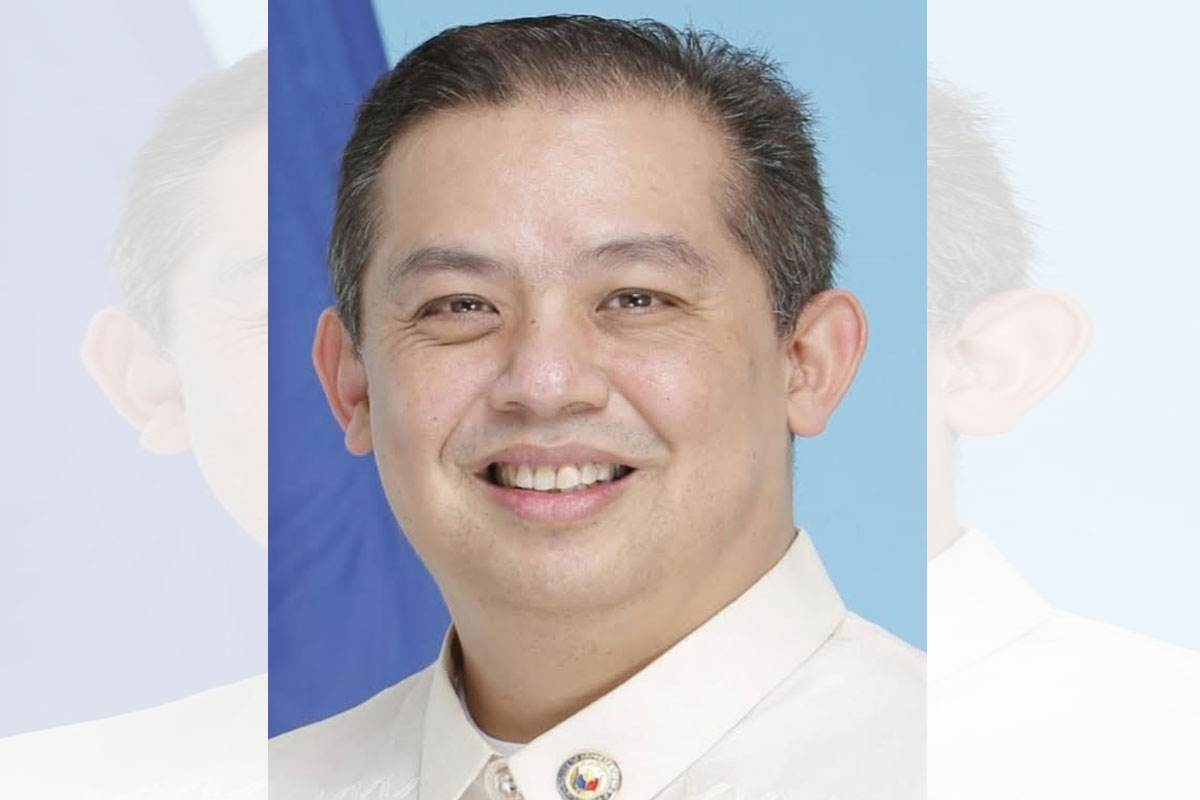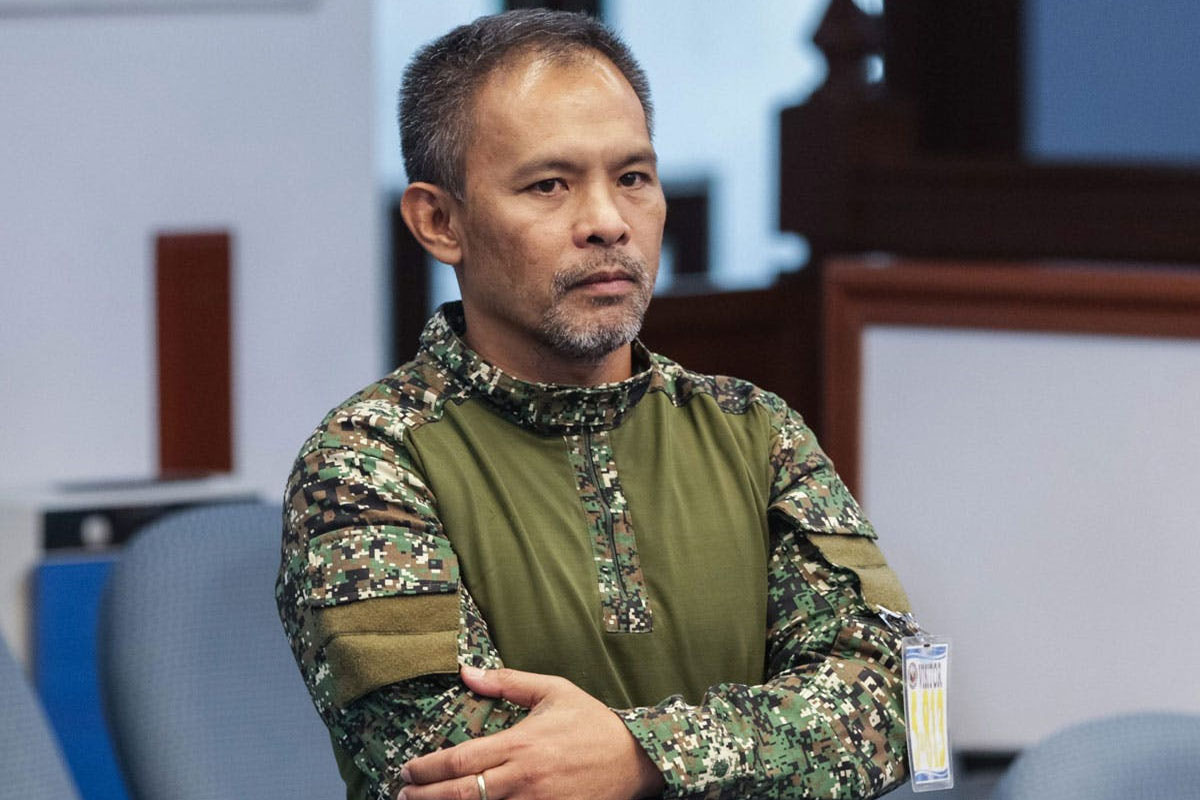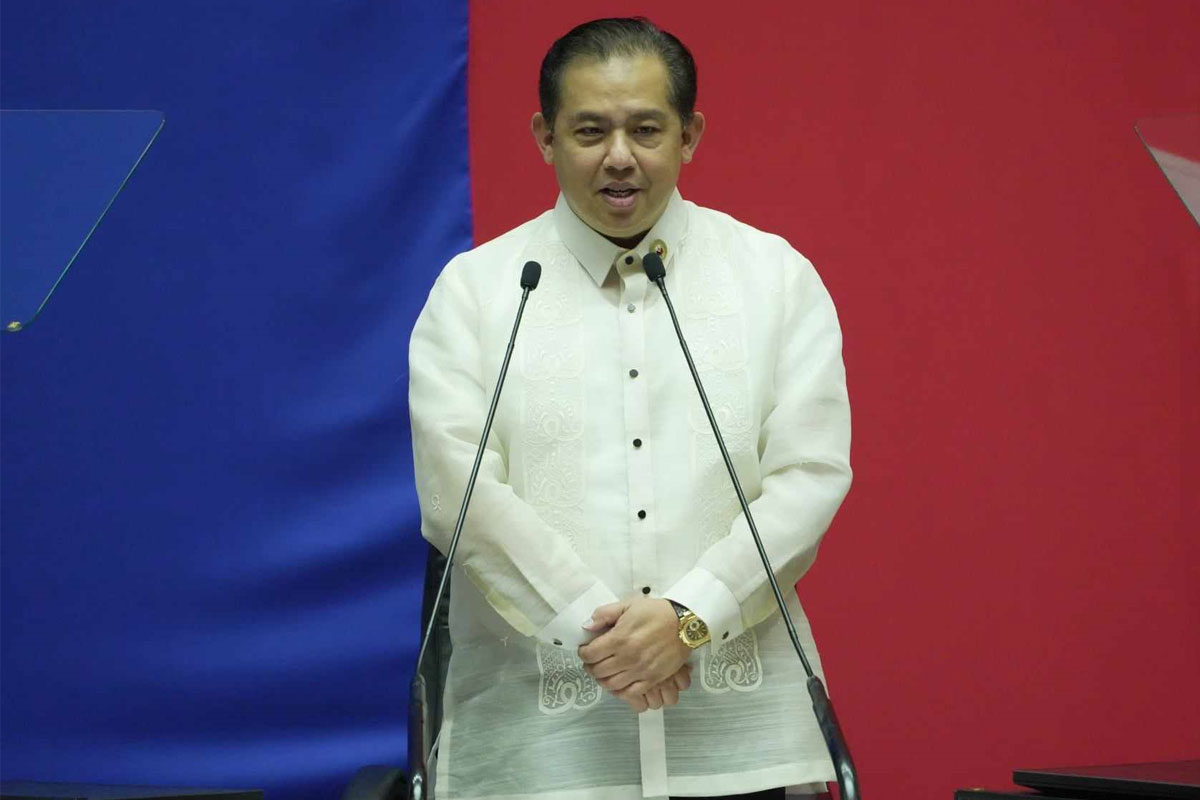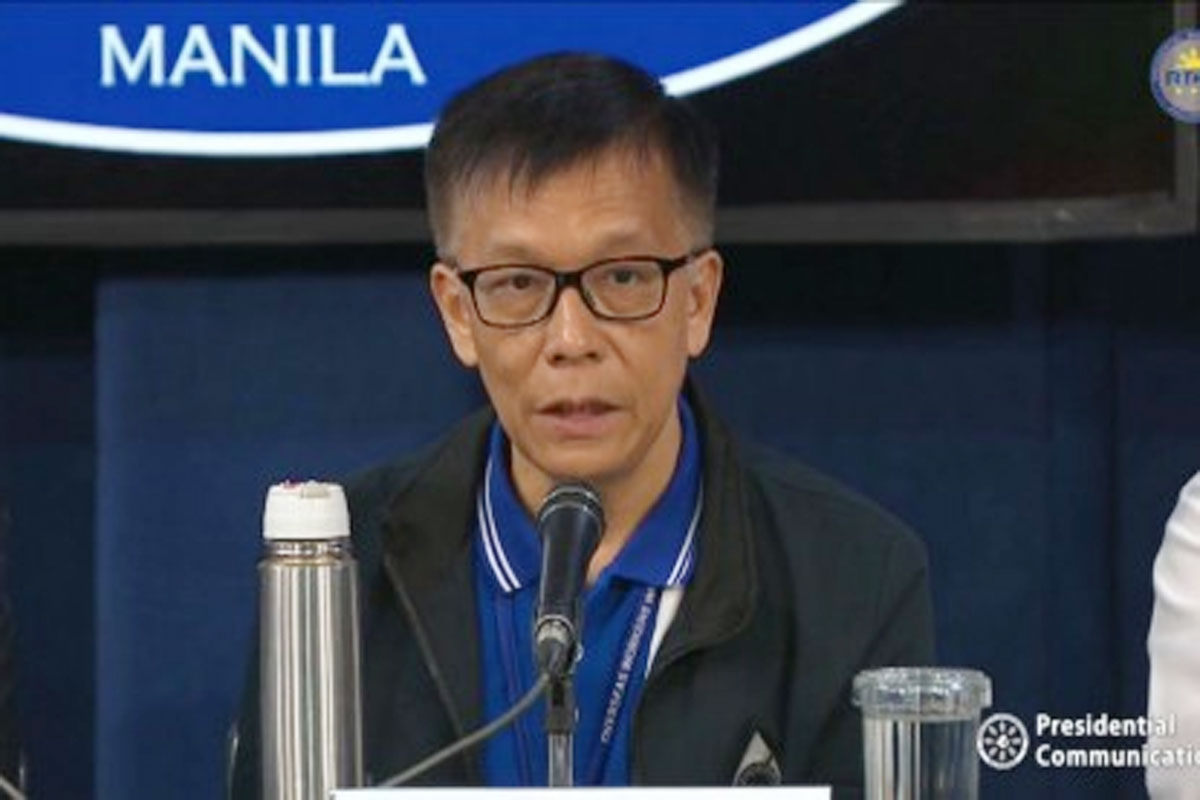
House extends oversight panel for anti-drugs law
CITING the need to ensure the proper implementation of the Comprehensive Dangerous Drug Act of 2002, the House of Representatives on Tuesday approved on the third and final reading a joint resolution seeking to extend the Congressional Oversight Committee on the law for another ten years.
With an overwhelming 274 votes, lawmakers approved House Joint Resolution (HJR) No. 14 which mandates the extension of the life of the Congressional Oversight Committee on Dangerous Drugs constituted pursuant to Section 95 of Republic Act (RA) 9165 for another ten years, or from July 4, 2022 to July 4, 2032.
“The House of Representatives felt the need to extend the life of our powers of oversight as the implementation of the law needs to be reviewed from time to time,” Speaker Ferdinand Martin G. Romualdez said.
“Also, as information technology progresses, so do the ways to distribute drugs to our citizens become easier. Addressing the drug problem in our country requires our laws to be constantly attuned to the changing times,” Surigao del Norte Rep. Robert Ace Barbers, one of the principal authors and chairman of the House Committee on Dangerous Drugs, added.
Joint Resolution No. 14, as approved in Committee Report No. 221, is also authored in the House of Representatives by Reps. Dean Asistio, Arnie Fuentebella, Romeo Acop, Rachel Del Mar, Richard Gomez, Dale Corvera, Jane Castro, Gerville Luistro, Sancho Fernando Oaminal, Kid Peña, Ray Florence Reyes, Jose Gay Padiernos and Alfred Delos Santos.
The Congressional Oversight Committee on Dangerous Drugs is currently chaired by Barbers in the House of Representatives and Sen. Ronald “Bato” Dela Rosa in the Senate. It is composed of seven members from each chamber.
Among the functions of the Congressional Oversight Committee on Dangerous Drugs are the following:
(a) Set the guidelines and overall framework to monitor and ensure the proper implementation of this Act;
(b) Ensure transparency and require the submission of reports from government agencies concerned on the conduct of programs, projects, and policies relating to the implementation of this Act;
(c) Approve the budget for the programs of the Congressional Oversight Committee on Dangerous Drugs and all disbursements from there, including compensation of all personnel;
(d) Submit periodic reports to the President of the Philippines and Congress on the implementation of the provisions of this Act;
(e) Determine inherent weaknesses in the law and recommend the necessary remedial legislation or executive measures; and
(f) Perform such other duties, functions, and responsibilities as may be necessary to effectively attain its objectives;
“The Congressional Oversight Committee on Dangerous Drugs still has to monitor and ensure proper implementation of authorized drug testing, establishment and operation of drug treatment and rehabilitation centers and the joint anti-drug operations of the Philippine Drug Enforcement Agency (PDEA), the Philippine National Police (PNP) and the National Bureau of Investigation (NBI),” the joint resolutions said.
“The Congressional Oversight Committee on Dangerous Drugs has determined inherent weaknesses in the drug law which requires a thorough review of the policies or procedures of implementing agencies, consultations with the judiciary, and the codification of the drug law,” it added.
If enacted into law, this will be the second time the life of the oversight committee will be extended.
The first time was in 2012, or the year the Dangerous Drug Act marked its 10th year of implementation.
The Comprehensive Dangerous Drugs Act of 2002 was signed into law on June 7, 2002, and took effect on July 4, 2002.




















